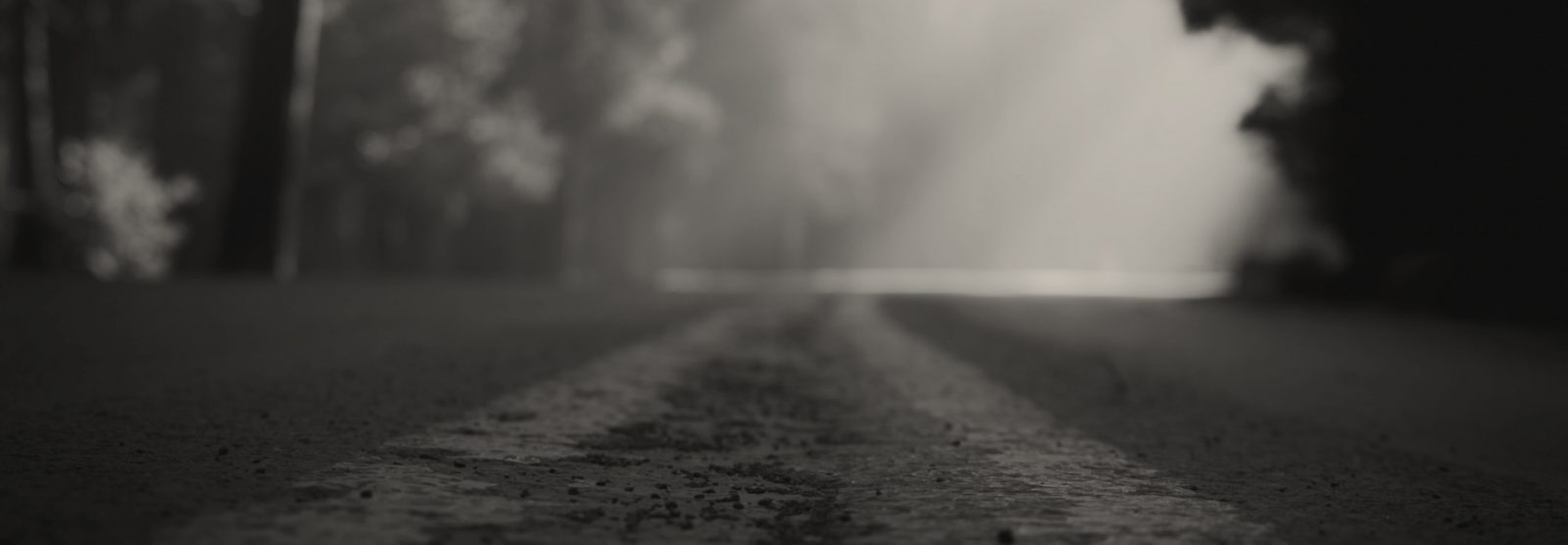A Community Judge
As a newly elected judge assigned to misdemeanor court in Los Angeles, a former public defender sees her new role as serving those impacted by the system.

TOPICS
164 posts in ‘Decarceral Pathways’
As a newly elected judge assigned to misdemeanor court in Los Angeles, a former public defender sees her new role as serving those impacted by the system.
In immigration court and beyond, fair process matters. But fair laws, fair legal systems, and fair societies matter far more.
As public defenders, we are not “fighting the system”—we are the system. Because of this, we have power, and the numbers, to change it.
The Court’s decision must not preempt questions about the role public defenders can play in ending mass incarceration.
We need more and better data about deaths in custody. But we don't need this data to know that only decarceration will save lives.
A new Minneapolis-area county attorney won’t end mass incarceration. But she has the potential to cause less harm and promote healing.
The criminal legal system heaps more violence on victims of gender-based violence. Abolishing these structures is the only way to protect them.
Mass incarceration hasn’t ended in San Francisco, or anywhere else. To achieve that goal, governments would first have to devolve power to the communities it has harmed the most.
A close analysis of prison data can help us think concretely, and strategically, about the tradeoffs of different approaches to decarceration and prison closures.
The Visiting Room Project offers an intimate glimpse into the stories of Louisianians serving life without parole.
It's high time we reconsider the power and promise of hunger strikes — without denying the tactic’s radical, disruptive, and self-violent character.
Millions rallied behind Adnan Syed, whom the system gave a second look. Many others serving extreme sentences deserve a second look, too.
Pell grant restoration for incarcerated students is long overdue. But without infrastructure and safeguards, higher education, and true freedom, will remain elusive.
One might say incarcerated Muslims sue religiously. And true enough, a deep belief in justice is what moves them to resist oppression this way.
After years of working in the system, a reformer and believer in government gives up on probation and parole.
Misdemeanors are major sources of overcriminalization and punishment. Requiring jurors to screen them could shake up the system.
The carceral system criminalizes and retraumatizes survivors at every step. Dismantling these structures is the only way to end this violence.
Now more than ever, we need a clear understanding of the role of violence, trauma, and survivorship in our harm reduction practice.
The growth of electronic monitoring has spawned a quagmire of hidden fines and fees from which people need a way out.
As a lifelong public defender, I ran to become Santa Clara County’s next district attorney. I didn’t win, but our movement did.
Urgent action in our nation’s jails and prisons can prevent the kind of mass suffering seen during the COVID-19 pandemic.
Here's how imprisoned writers can offer reasoned analysis on policies affecting the carceral state.
Jurors’ conscientious refusal to convict people charged for violating abortion bans is perfectly legal — and what justice demands.
Prosecution, incarceration, and surveillance don’t stop child sexual abuse. But prevention can.
Immigrants fighting their deportations need lawyers. That doesn’t mean federally funding their defense should be a movement goal.
Here’s how federal cash assistance for low-income youth impacts whether they come in contact with the criminal legal system.
The legal institutions, processes, procedures, and actors implicated in the progression of criminal cases are simply beyond reform.
Looking back on 25 years of abolitionist feminism and organizing in California.
Data-driven approaches to reform can reinforce aspects of a system that’s rotten to the core.
Everyone is redeemable. For that reason, I won’t stop fighting for those people our governor and the legislature have left to die in our prisons.